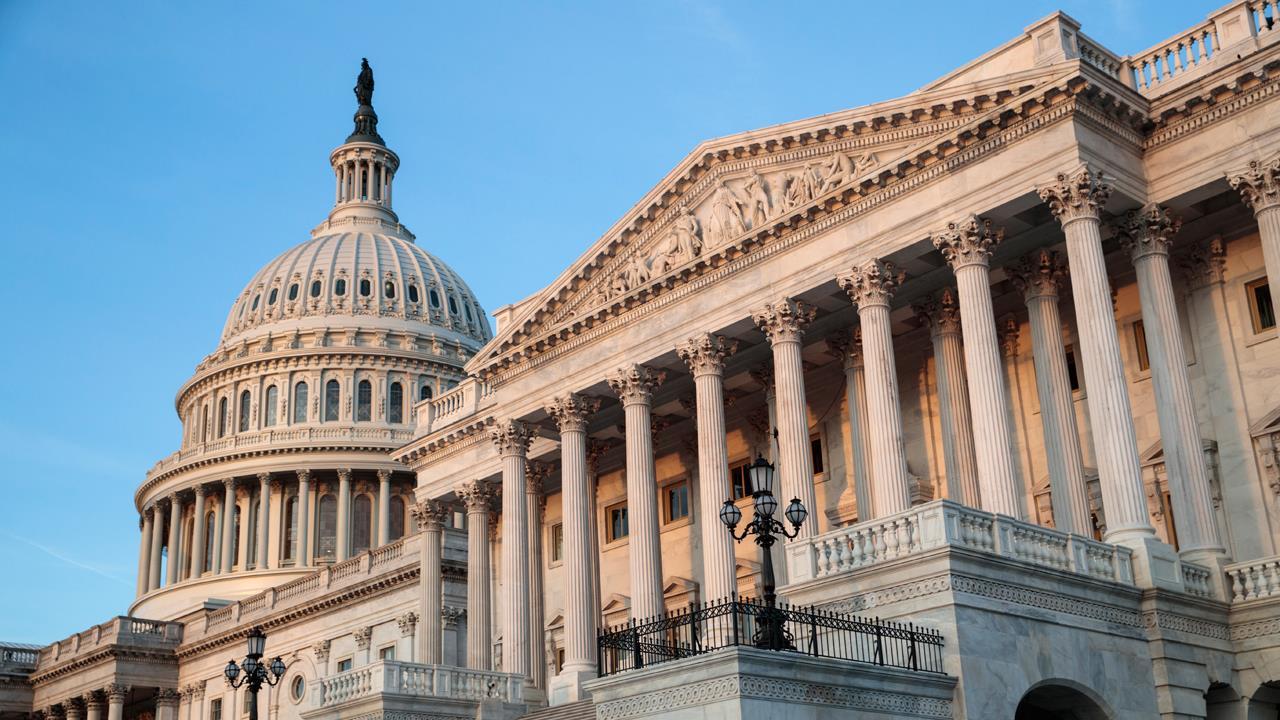Paul Ryan mulls Wall Street paycheck when House term ends
Where will Paul Ryan end up after he leaves Congress at the end of his term?
Just follow the money to Wall Street.
That’s the assessment from Republican aides and people who know the soon-to-be former speaker of the House of Representatives. On Wednesday, Ryan announced that he was retiring from politics — at least for the immediate future—and planning to do something else, whatever that might be.
Since the announcement, Ryan has been mum about his plans other than to say he wants to spend more time with his family, the motivating factor in his decision.
A spokeswoman told FOX Business: “The speaker does not know what his next career move will be, and he won't be making any decisions about that until the end of this term” in January.
But people in Congress who know Ryan say he has looked into following in the footsteps of his old friend and Republican house colleague, former Majority Leader Eric Cantor. After losing his seat in 2014, Cantor almost immediately went to work for the investment bank Moelis & Co. as the firm’s vice chairman and, of course, enjoyed a significant pay boost.
Ryan would have little problem finding a similar job at a major investment bank or private equity firm, given his knowledge of the way Washington works and his policy expertise in financial issues and budgets, according to people on Wall Street and in Washington.
Once known as a fiercely ideological conservative, a devotee of Ayn Rand and Jack Kemp, no less, Ryan has more recently gained a reputation as a pragmatist, particularly on such issues as immigration. He took a decidedly moderate tone that has alienated some members of the conservative movement but would make him a perfect fit for Wall Street.
But it’s Ryan’s policy chops that make him especially employable in the financial world. Before becoming House speaker, he was chairman of the House budget committee, a leading member of the bipartisan National Commission on Fiscal Responsibility and Reform, better known as the Simpson-Bowles Commission after its leaders: former Senator Alan Simpson of Wyoming and Clinton administration White House Chief of Staff Erskine Bowles.
And Ryan has an amazing Rolodex of contacts, which have made him a prolific fundraiser for Republican causes. Ryan has raised more than $50 million in the 2018 election cycle as the GOP attempts to hold on to its majorities in the House and the Senate this year.
“He will be an excellent rainmaker,” said a veteran GOP staffer who knows Ryan well. “The money he raised on his leadership PAC is proof he can make that happen, and Wall Street loves that stuff.”
Congressional sources said that after Ryan makes his money in the private sector, look for him to return to the political realm and follow the example of another old friend, Mitt Romney, the GOP’s 2012 presidential candidate, who tapped Ryan as his running mate that year. Romney entered politics after making a fortune at the helm of the private equity firm Bain Capital.
When asked about Ryan’s presidential ambitions, his spokeswoman referred to a CNN interview in which he said: “That is not my plan … right now. The last thing I'm thinking about is running for something.”




















